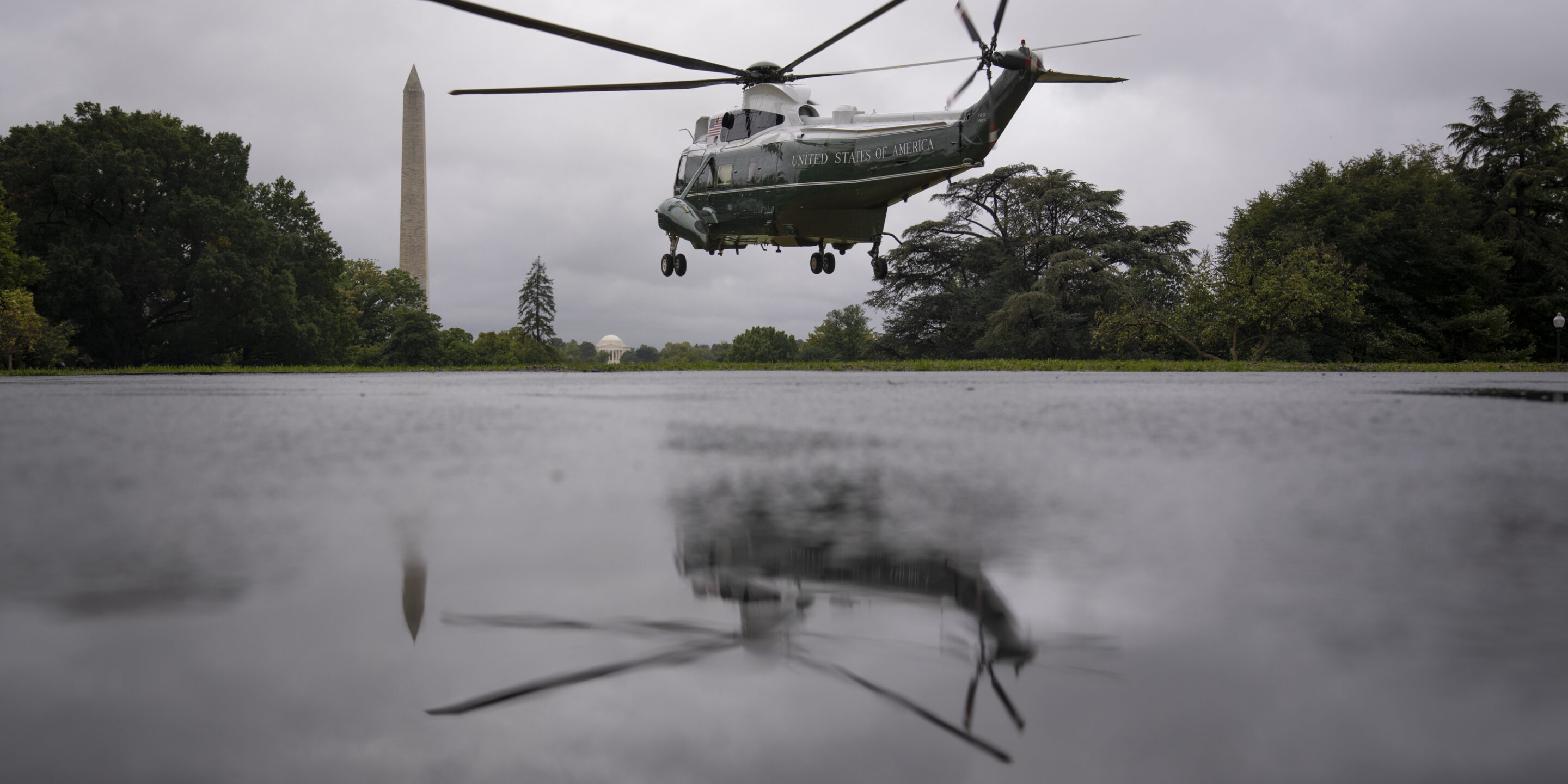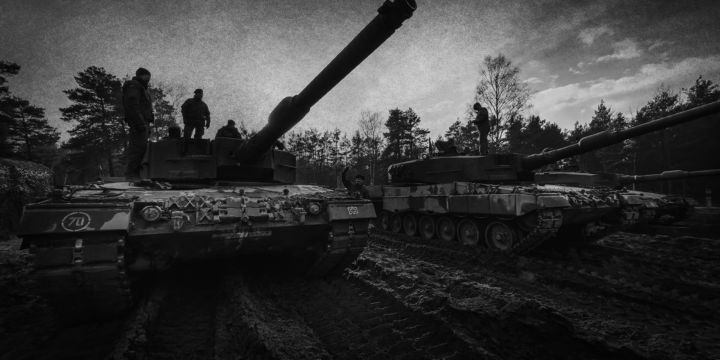August 1, 2024
Prisoner swap doesn’t mean much for U.S.-Russia relations

Six months from retirement and in desperate need of a foreign policy win, President Joe Biden just got one with the release of Wall Street Journal reporter Evan Gershkovich, U.S. citizen Paul Whelan, Washington Post columnist Vladimir Kara-Murza, and 13 other prisoners from Russia. The Americans, working with Germany, Poland, Slovenia, and Norway, agreed to send eight convicted prisoners back to Russia, the most infamous being Vadim Krasikov, a veteran of the Soviet Union’s war in Afghanistan and a Russian intelligence operative who, in 2019, gunned down a Chechen dissident in the heart of Berlin.
The Biden administration, in cooperation with European allies, was working on a possible prisoner swap even before Gershkovich was arbitrarily nabbed by the Russians, tried on trumped-up espionage charges, and sentenced in mid-July to 16 years in prison. The reporter’s unjustified incarceration was a terrible episode, first and foremost, for his family, who lived through the last 19 months in agony, not knowing whether they would ever see him again. But it was also a painful episode for Biden and his national security team. In December 2022, months before Gershkovich’s imprisonment, the White House received considerable criticism when it traded convicted arms trafficker Viktor Bout for WNBA star Brittney Griner.
Like the Griner swap, this swap required tough concessions by the Americans. Some pretty unsavory characters charged with spying and fraud were given a second lease on life. It also required European cooperation since Krasikov, whom Russian President Vladimir Putin obsessed about getting back to Russia, was in a German prison cell. The deal worked out, with CIA Director William Burns playing a prominent role by flying to multiple capitals to ensure the logistics of the release were ironed out. At the end of the day, seven planes landed at a Turkish airport, where all of the prisoners were collected, checked for medical problems, and sent to their respective countries.
Most of the attention in the early hours has focused on the intrigue of the prisoner swap, how it was negotiated, who was involved, and why the various players came to the decision they did. But there’s another question to be batted around: Could this Cold War-esque prisoner exchange be the opening gambit in a more semiworkable relationship between Washington and Moscow?
More on Eurasia
Featuring Daniel Davis
June 2, 2025

Featuring Rajan Menon
May 29, 2025
Events on Russia







